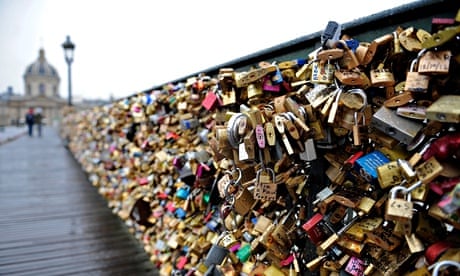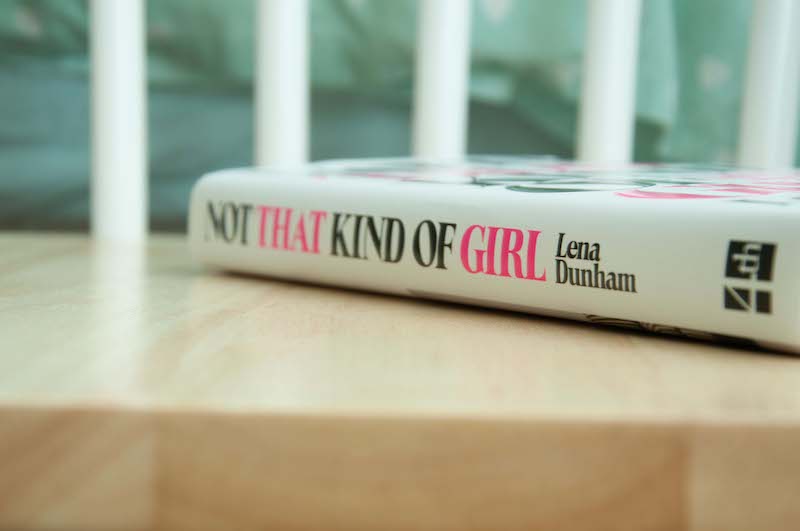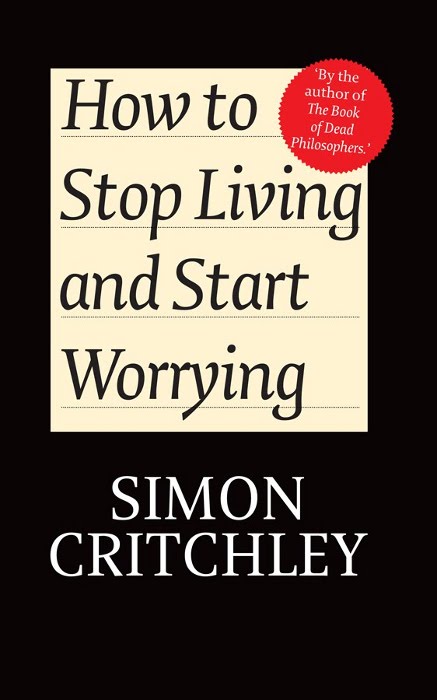Where the birds always sing
Death is so common and yet it manages to startle me every single time. Do you ever get used to the natural process of things? Do you ever get used to the pain one’s absence leaves you with? And if you could, would you want to?
These last days all I hear about is people dying or people getting serious issues - physical or mental. It’s that disruption of the normal-ness that annoys me, too. But what is ever normal? We’re lucky to have normal days. However, this is totally dissonant with our experience as human beings (and with the presentation I have to give on Sunday about stress - talk about irony!). We think we’ll be there tomorrow to finish our conversation with that particular someone, we think we’ll get to hug our partner the next time we’ll see each other, we get really anxious about our future and how this future will turn out to be. Am I gonna make the right choices? Am I gonna marry the right person, am I gonna do the right job, will I ever be happy? Of course we need this potential future to be there, how else would we do anything again otherwise?
But it’s not just that we need it. We’re totally immersed in this safety bubble. We literally forget that our time here is brief. So, so brief. And we can cry all we want to, but it ain’t gonna change a thing (trust me, I’ve tried). Today, a person I value deeply came really close to death, without having any serious health issues before. Death can be so intrusive, so disruptive, so violent. Life after death, too.
I’m afraid to lose the people I love. But I’m afraid I’ll have to, sooner or later. Yalom says the idea of death can save us, but can it save the people we love, too? Ok I know that’s not what Yalom meant, but having lived an unlived life is one thing, having to survive without the ones you love is totally another. And it’s that life that can be scarier for me, than anything else.
I think The Cure have very well articulated what I’m trying to say, in their song “where the birds always sing”.
But the world is neither just nor unjust It's just us trying to feel that there's some sense in it No, the world is neither just nor unjust And though going young So much undone Is a tragedy for everyone It doesn't speak a plan or any secret thing No unseen sign or untold truth in anything... But living on in others, in memories and dreams Is not enough You want everything Another world where the sun always shines And the birds always sing Always sing…
Yes, living on in memories is really, truly not ever going to be enough.
https://www.youtube.com/watch?v=OQd01bO0OLg

image from "the Guardian"
 image from
image from 